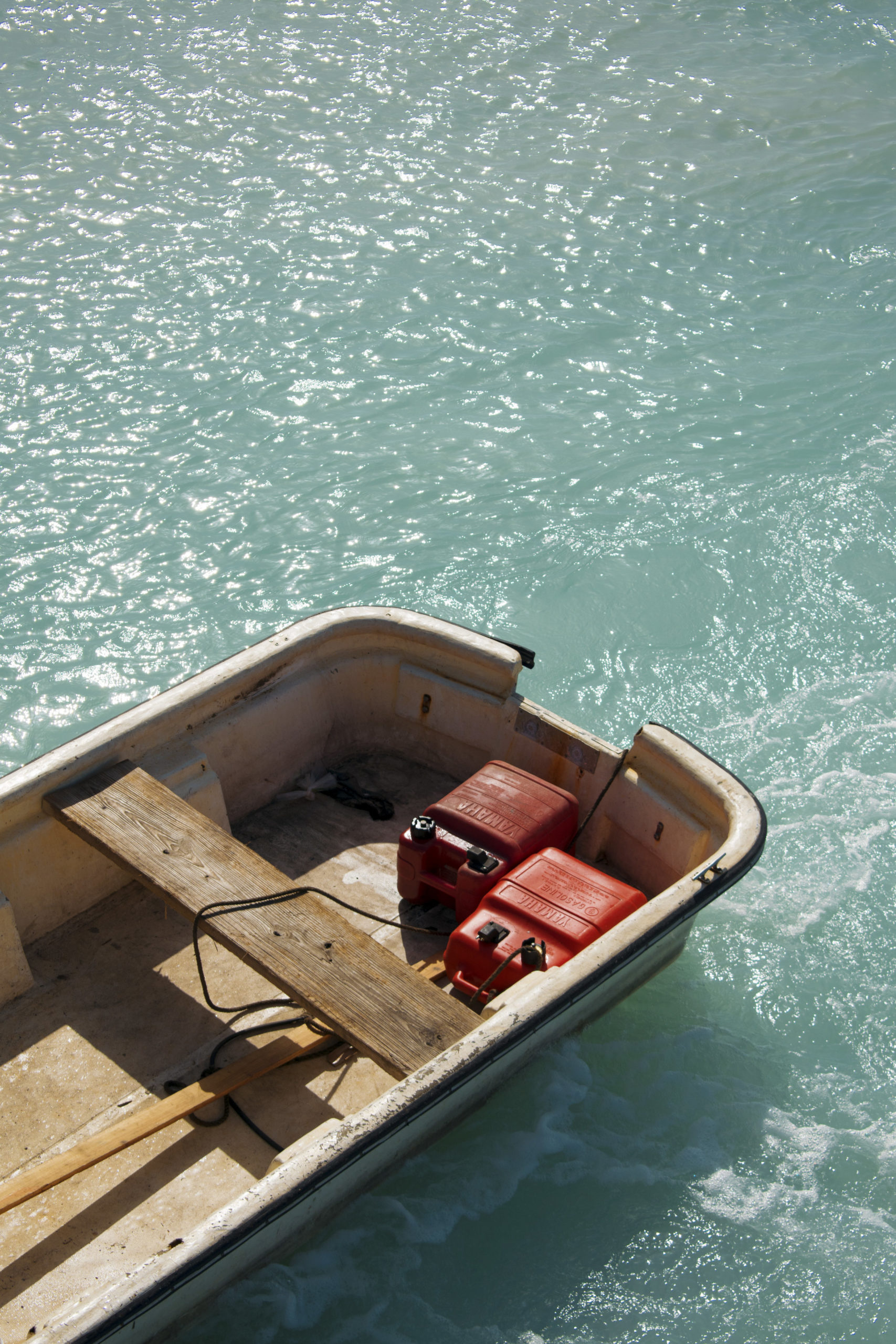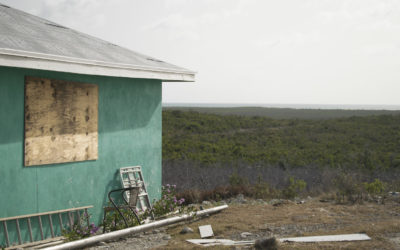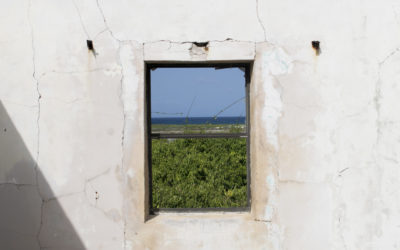
By Ethan Knowles, NAGB Summer Attaché
The sea looked like one big aquamarine blanket, rippling in the wind. It unfurled before us in long, slow waves, showing no sign of hem, border, edge or limit. As we cruised across its surface like a stray breeze, I observed our monster of a fishing boat gradually shed its mossy skin. The white froth of the wake slowly gave way to green hills and grassy valleys, revealing fertile lands before my eyes. Then the algal hide sank, and blue came back, and things carried on just as before. How, I wondered. How could I do just that.
Now and then, dark, oblong shapes would steal Grandpa’s attention away from the horizon. Scattered here and there, like bruises in the blue sea, were patch reefs. They rose from the sea floor like strange skyscrapers, harbouring underwater creatures of all kinds. They were far and few between, but Grandpa recognised each one. It was how the older fishermen found their way: the reefs by day and the stars by night. Gliding past them, Grandpa would always give a grateful nod, as if thanking the reefs for their reliability. Their stillness. I thought it a considerate gesture.
In the distance, occupying a gap between two rocky cays, I suddenly caught sight of a vessel heading south. Grandpa, who had been in the process of letting out a fishing line at the stern, identified it as the mailboat making its regular rounds. The mailboat; I often imagined what would happen if one day it never came again. It was a grim thought, and Aunty had always brushed such grim thoughts aside, but I could not help wondering. We needed fresh water for everything we did on Ragged Island, from drinking and washing to building. If the boat stopped bringing it, what should happen then? Everyone knew cement and salt didn’t mix, so when the time to ration came, repairs would surely cease. But even then, how long would we last? Would people flee as soon as the tide began to flow? Unlikely. They all knew about land grab. Still, the mailboat was our lifeline, our umbilical cord. With it taken away, how could we survive?
Just then Grandpa’s fishing line began to squeal. I watched the rod pan right and left as if possessed, locked into the sudden jolts of whatever fish had been bold enough to take the bait. Grandpa’s movements, by contrast, were calm and sure. First, he brought the boat to a steady halt. Then he grabbed the rod and let out a great deal of line. Finally, after a short pause, he pulled back with all his might. And later he relented. Forfeiting line when necessary. And then he pulled back again; and I watched as the rod bent up and down, bowing to the sea as if in a fit of repentant prayer. This ritual went on for several minutes. Until, content with its prayer, the rod resumed its upright position. And the line went slack. And the fish swam away. And Grandpa was destroyed.
I could not help but think Grandpa looked far more disappointed than I expected for a man who had caught so many fish in his lifetime. In fact, he looked desperate. He said not one word when reeling the line in, did not hesitate in turning the boat right back around, and expressed little regret in promptly steering us in the direction we had come. The whirr of the engine had returned, and soon enough so would we.
But before then, Grandpa turned to look at me. He waved me over to the ship’s wheel and, as I sat by his side, studied me with heavy grey eyes. Then he said he believed my mother’s affair had been the death of her. He had no grounds for believing this, on that he was clear. But believing helped. Complications during my birth had always been cited as her cause of death, but Grandpa could not bear to let himself accept it. His way of coping was to create a different story. To stave off his grief – and spare me any ill feeling – Grandpa convinced himself that the affair had somehow poisoned my mother. That had she and my father been married, his daughter would never have died. This is what he wanted to believe. And so, to rid himself of the grief, he did his best to get rid of the affair. But in the process, Grandpa gave up any hope of closure. His charade grew so wide and complex that he too had fallen into it. And now that it had all collapsed on top of him, he feared the slightest shift might bring him greater pain than his old soul could endure. Yet, with all this weighing him down, Grandpa decided to let the fish escape anyway. It was an exercise in loss, and it had ruined him. But it was the first step to acceptance. As if unwilling to let me go too, Grandpa pulled me closer to him. And that was when we hit the reef.
Warm water came gushing in like blood. I sat there in a stupor as the boat drank more and more and more. We were slowly being swallowed by the ocean, just miles off shore, and all I could think about was how, in the distance, Ragged Island looked like it too was struggling to stay afloat. Grandpa rushed for the flares, lighting off one after another, and started combing the cupboards for lifejackets. Meanwhile, I sat motionless. I wondered what my mother would do right now. Would she feel frozen? Or would she start to move and sweat? Really and truly, I had no idea. All I knew was that the boat was beginning to turn. I felt a cushion press against my back followed by two quick snaps. Then Grandpa picked me up and with unbelievable strength hauled me onto the side of the boat as the whole thing began to roll over. With great effort, we crawled onto the underbelly of the boat, slicing our limbs on the blades of its barnacled skin. There we rested, panting, until Uncle Freddy and Aunty Mary came to our rescue in a dinghy some thirty minutes later.
As we parted from the wreckage, a sudden profusion of bubbles stirred on the far side of the boat; and, just seconds later, the whole ship was consumed. We stared on with unease as it sank. At this time I drew closer to Grandpa, bringing my tired head to his shoulder for rest. Aunty Mary saw this and let free a small smile. She was thinking her plan had worked. I, on the other hand, could not help thinking that there would be no changing back to the way things were before. Things would go forward, and which route they took – whether an upward trend or a downward plunge – was entirely up to us.


